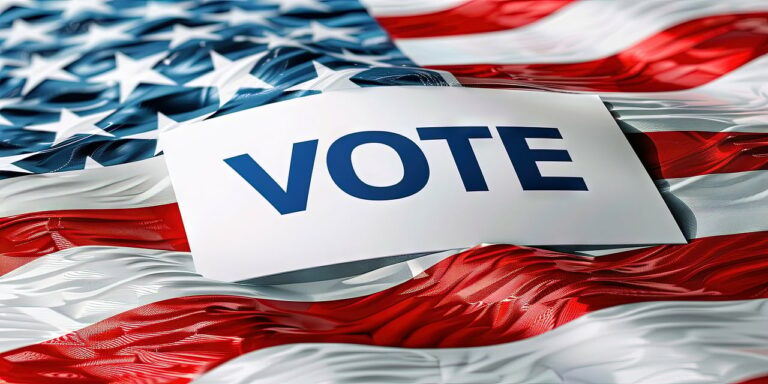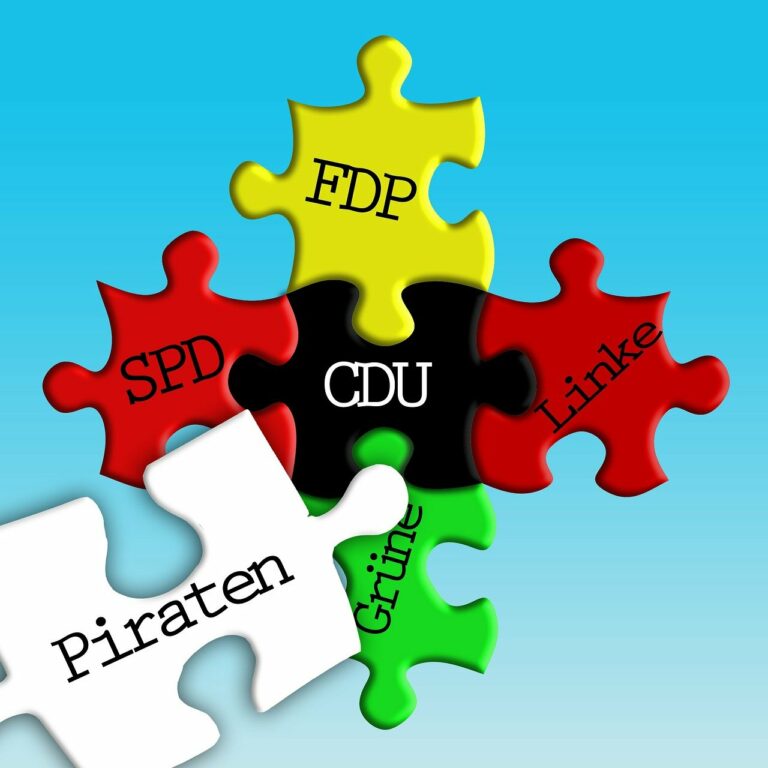Addressing Language Barriers in Election Auditing for Multilingual Voters
world 7 login, mahadev book id login, silver777 login:Addressing Language Barriers in Election Auditing for Multilingual Voters
Imagine going to vote in an election, only to find that the ballots and information provided are not in a language you understand. This is a reality for many multilingual voters across the country, who face language barriers that can prevent them from fully participating in the electoral process. One key aspect of ensuring fair and accurate elections is auditing the results to verify their integrity. However, language barriers can pose a significant challenge in this crucial process.
In this blog post, we will explore the importance of addressing language barriers in election auditing for multilingual voters. We will discuss the impact of language barriers on the electoral process, consider potential solutions to overcome these barriers, and highlight the importance of ensuring that all voters have equal access to information and resources.
The Impact of Language Barriers on Election Auditing
Language barriers can have a significant impact on the accuracy and integrity of election auditing processes. When voters are unable to understand the information provided during the auditing process, they may be disenfranchised and unable to fully participate in verifying the election results. This can undermine the credibility of the electoral process and lead to mistrust in the outcome of the election.
Additionally, language barriers can make it difficult for auditors to effectively communicate with multilingual voters and address any concerns they may have about the auditing process. This can create confusion and frustration among voters, further eroding confidence in the integrity of the election.
Potential Solutions to Address Language Barriers
There are several potential solutions to address language barriers in election auditing for multilingual voters. One possible solution is to provide translated materials and resources in multiple languages to ensure that all voters have access to essential information during the auditing process. This can include translated ballots, instructions, and informational materials that allow multilingual voters to fully participate in the auditing process.
Another solution is to offer language assistance services, such as interpreters or multilingual staff, to help multilingual voters navigate the auditing process and address any questions or concerns they may have. By providing language assistance services, election officials can ensure that all voters have equal access to information and resources during the auditing process.
The Importance of Equal Access to Information
Ensuring that all voters have equal access to information and resources is essential to upholding the integrity of the electoral process. When language barriers prevent multilingual voters from fully participating in election auditing, it can undermine the credibility of the results and lead to doubts about the fairness of the election.
By addressing language barriers and providing multilingual voters with the necessary support and resources, election officials can ensure that all voters have an equal opportunity to verify the integrity of the election results. This helps to build trust in the electoral process and uphold the principles of democracy.
In conclusion, addressing language barriers in election auditing for multilingual voters is essential to ensuring fair and accurate elections. By providing translated materials, language assistance services, and equal access to information, election officials can help multilingual voters participate fully in the auditing process and verify the integrity of the election results. Upholding the principles of democracy means ensuring that all voters, regardless of language proficiency, have equal access to the electoral process.
—
FAQs
Q: How can election officials ensure that translated materials are accurate?
A: Election officials can work with professional translators and interpreters who are proficient in the languages spoken by multilingual voters to ensure that translated materials are accurate and culturally appropriate.
Q: What resources are available to help election officials address language barriers?
A: Several organizations and advocacy groups offer resources and guidance on addressing language barriers in elections, including the Asian Americans Advancing Justice and the National Association of Latino Elected and Appointed Officials (NALEO) Educational Fund.
Q: How can voters advocate for better language access in elections?
A: Voters can advocate for better language access in elections by contacting their elected officials, participating in community meetings and forums, and supporting organizations that work to promote language access in elections.







